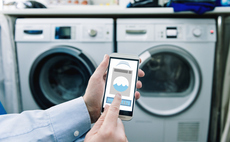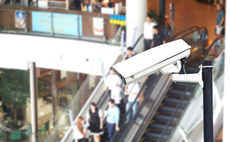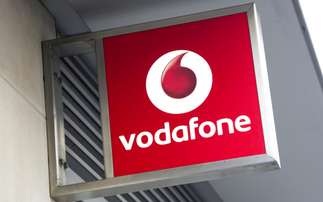While Hadoop provides a popular analytics foundation for connected devices' data, there are few other standards supporting the Internet of Things
A lack of standards, even for something as simple as communication protocols for devices, is undermining the Internet of Things push, despite the popularity of the Hadoop framework for analytics at...
To continue reading this article...
Join Computing
- Unlimited access to real-time news, analysis and opinion from the technology industry
- Receive important and breaking news in our daily newsletter
- Be the first to hear about our events and awards programmes
- Join live member only interviews with IT leaders at the ‘IT Lounge’; your chance to ask your burning tech questions and have them answered
- Access to the Computing Delta hub providing market intelligence and research
- Receive our members-only newsletter with exclusive opinion pieces from senior IT Leaders



















